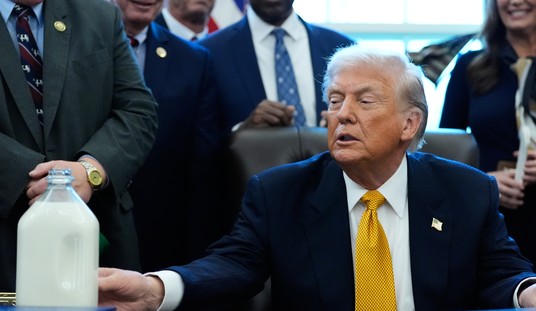Could anyone have imagined even a few years ago that the 2012 U.S. presidential race might end up as a contest between two black candidates? I certainly couldn't have. Yet, with Republican candidate Herman Cain's recent surge in popularity, the possibility is there. This says a great deal about race in America -- all of it good.
In many respects, Herman Cain's advance in the Republican primary contest is more striking than Barack Obama's rise in 2008. Unlike Obama, whose father was African and who was raised largely in Hawaii by his white grandparents, Cain is a product of the segregated South.
Obama benefitted from affirmative action, attended Ivy League schools and taught law at one of America's most prestigious institutions, the University of Chicago. He lived and worked in a rarified world where being black (or in his case, being of mixed race) was -- if a factor at all -- an advantage.
Cain, on the other hand, was raised in the South by a father who worked three jobs -- as a barber, a janitor and a chauffer -- and a mother who was a cleaning woman. Cain grew up at a time when schools were still mostly segregated and attended Morehouse, a historically black college in Atlanta, where he earned a degree in mathematics.
After Cain earned his master's degree in computer science, he went to work in business. He started at Coca-Cola in Atlanta and then worked his way through a series of corporate jobs until he became CEO of Godfather's Pizza -- a company which he took from the brink of bankruptcy to profitability in short order. His was a slow, steady climb up the economic ladder in an environment in which being black meant you had to prove yourself each and every day.
Recommended
The differences in their personal stories partly reflect the changes that were taking place in the United States as these two men grew to maturity. Cain, who will be 66 in December, lived through the transformation in race relations that took place in the 1950s and '60s. Obama missed out on much of this transformation. By the time Obama reached adulthood, racial attitudes had already changed dramatically.
In 1983, when Obama was 22 years old, 81 percent of Americans said that they would be willing to vote for a black candidate for president, according to a Gallup poll administered that year. But only 52 percent of those polled by Gallup in 1967, when Cain was a 22-year-old, said they could envision voting for a qualified black nominee of their own party. And by 2008, the hypothetical became real when Americans elected Obama in a landslide.
Cain's sudden surge in popularity in the Republican field suggests that race simply doesn't factor into the equation for most Americans when it comes to picking candidates for the most important office in the land. Some conservatives who favor Cain may like the idea that they are bursting liberal stereotypes by supporting a black man -- but they wouldn't be supporting him if they didn't like what he had to say. They identify with him because of the up-by-the-bootstraps quality of his biography. They like him because he is plain-spoken and direct. His race is beside the point.
It's still a long shot that Herman Cain will be the Republican nominee in 2012. But if he isn't nominated, it won't be because he's black. He's still rough around the edges. He's made his share of gaffes, including a serious one in which he said he would not put a Muslim in his administration -- a statement he later retracted. And he has yet to raise the kind of money or put together the kind of organization necessary to win actual primaries.
Nonetheless, the mere possibility that two black candidates could face each other in the presidential election should make all Americans proud. It proves we are that much closer to the point where skin color simply doesn't matter anymore.
























Join the conversation as a VIP Member